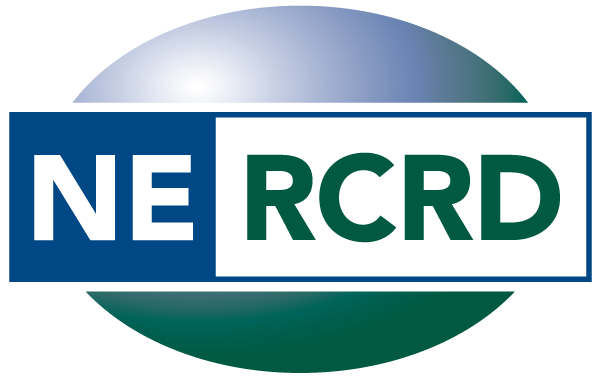Tourism research from West Virginia University recognized with award
“Investigating Differences in Generational Travel Preferences: The Case of the New River Gorge, West Virginia,” was published in the Journal of Tourism and Leisure Studies and was selected as outstanding from the ten highest-ranked articles emerging from the peer review process.
Abstract: Destination managers as well as researchers are increasingly seeking to identify travel preferences of generational cohorts. This study sought to identify differences in travel characteristics including the source of information used for trip planning to the destination and activities participated in among millennials, generation X, and baby boomers who visited the New River Gorge region of West Virginia in 2013. All the generation cohorts differed significantly across their selection of word of mouth as their source of information with gen X members using this source relatively more than millennials, followed by boomers. Gen X used the internet as a source of information significantly more than boomers. Boomers used personal experience significantly more than gen X or millennials. Millennials used brochures significantly less than gen X or boomers. Boomers participated in adventure sports significantly less frequently than millennials and gen X respondents. Boomers and millennials also differed on their frequency in shopping as an activity participated in with boomers participating in this activity significantly more than millennials. Boomers also visited cultural facilities significantly more than millennials.
Arbogast also led a study with his WVU colleagues Jinyang Deng and Kudzayi Maumbe, which was published in Sustainability. “DMOs and Rural Tourism: A Stakeholder Analysis the Case of Tucker County, West Virginia,” is available online here.
Abstract: Rural destination management organizations (DMOs) are faced with considerable challenges as they attempt to promote economic prosperity through tourism. This study sought to identify rural destination management challenges in Tucker County, West Virginia; identify the roles and activities of the destinations DMOs in addressing these challenges; and develop a perceived destination management framework. DMO challenges include maintaining authenticity and sense of place; economic diversification; seasonality, low wage jobs, and lack of employees; connecting resorts to small businesses and communities; and establishing a common vision, identity, and coordination of activities. While the majority of tourism literature calls for DMOs to play a dual marketing and management role, this paper makes an important contribution by identifying the need for a Convention and Visitors Bureau and a separate organization with a specific mission to sustainably develop and manage tourism and coordinate activities of the stakeholder network.
